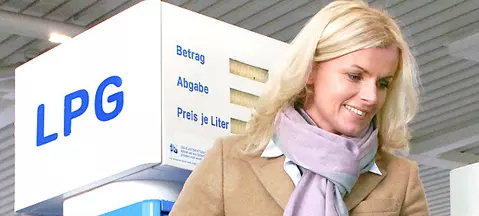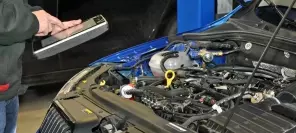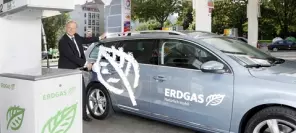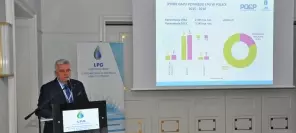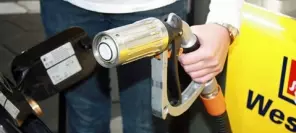- Main page
- Search
- Up to date
- Products
- Technology
- Vehicles
- Video
- Conversion Payback Simulator
Port Injection - Conversion Payback Simulator
Direct Injection - Conversion Payback Simulator
Diesel - Newsletter
Autogas and CNG support extended
 loading results...
loading results...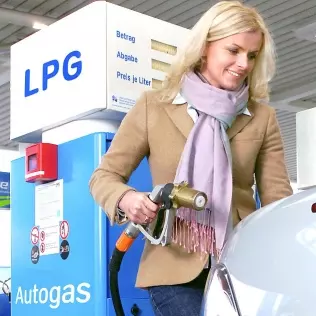 © KFZ BetriebWill the numbers of LPG- and CNG-powered cars in Germany start rising again? We hope so
© KFZ BetriebWill the numbers of LPG- and CNG-powered cars in Germany start rising again? We hope soGerman autogas market has been suffering from waning interest in the alternative fuel, in no small part due to the uncertainty considering future taxation. Excise duty rate was "frozen", but only until December 31, 2018, which discouraged some motorists from investing in having their cars converted. Now it is certain that LPG used as motor fuel will retain its privileged position for four additional years. However, the privilege will be gradually reduced starting in 2019. From that year onwards, subsidies are going to be by 20% lower each year, until they are completely eradicated.
This means that from 2023 onward autogas will be subject to the same rate as applied to conventional fuels – 409 euros per 1000 kg of fuel. Originally, autogas was supposed to be fully supported beyond 2018, as it has been to date, but due to reduced income from taxation, the authorities had to reassess their policy and a compromise was necessary. By supporting autogas, the budget will lose (or not earn, to be precise) 105,6 million euros in 2019, 79,2 million in 2020, 52,8 million in 2021 and 26,6 million in 2022. The problem is, it may lose more if motorists turn away from LPG when its tax privilege disappears.
As far as natural gas as motor fuel is concerned, support has also been sustained, in this case until 2026. As with LPG, tax reductions will be gradually limited, although not until the year 2024. While this is good news as such, the CNG/LNG industry has commented that the decision was announced too late and that damage already done to the market is irreparable. We'll have to wait and see the ultimate outcome of the above, but hopefully the alternative fuels market in Germany will experience a new outburst of interest, making it flourish. We'll keep an eye out for you.
